

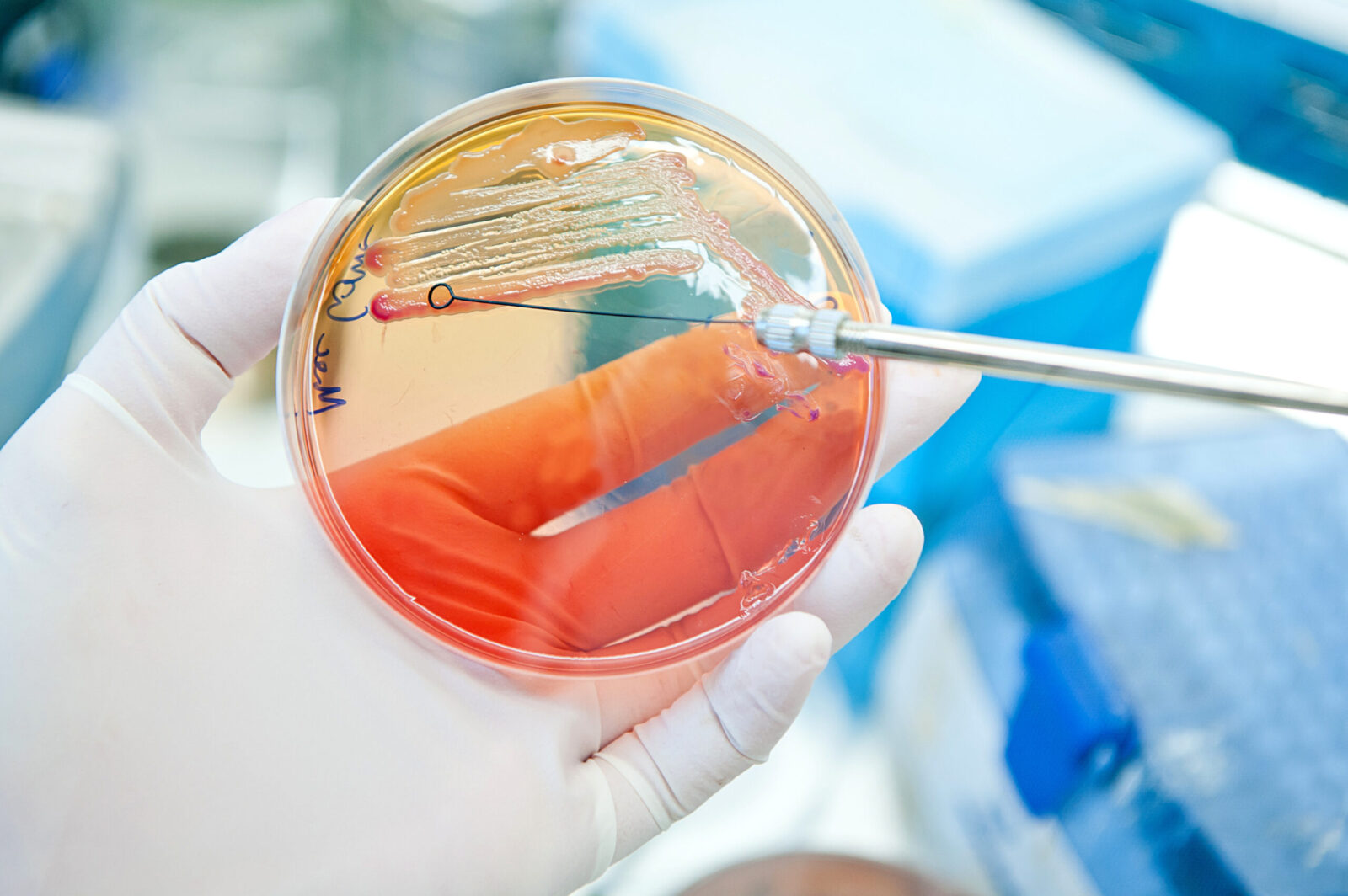
Hitting the Brakes on ‘Rapid Evolution’
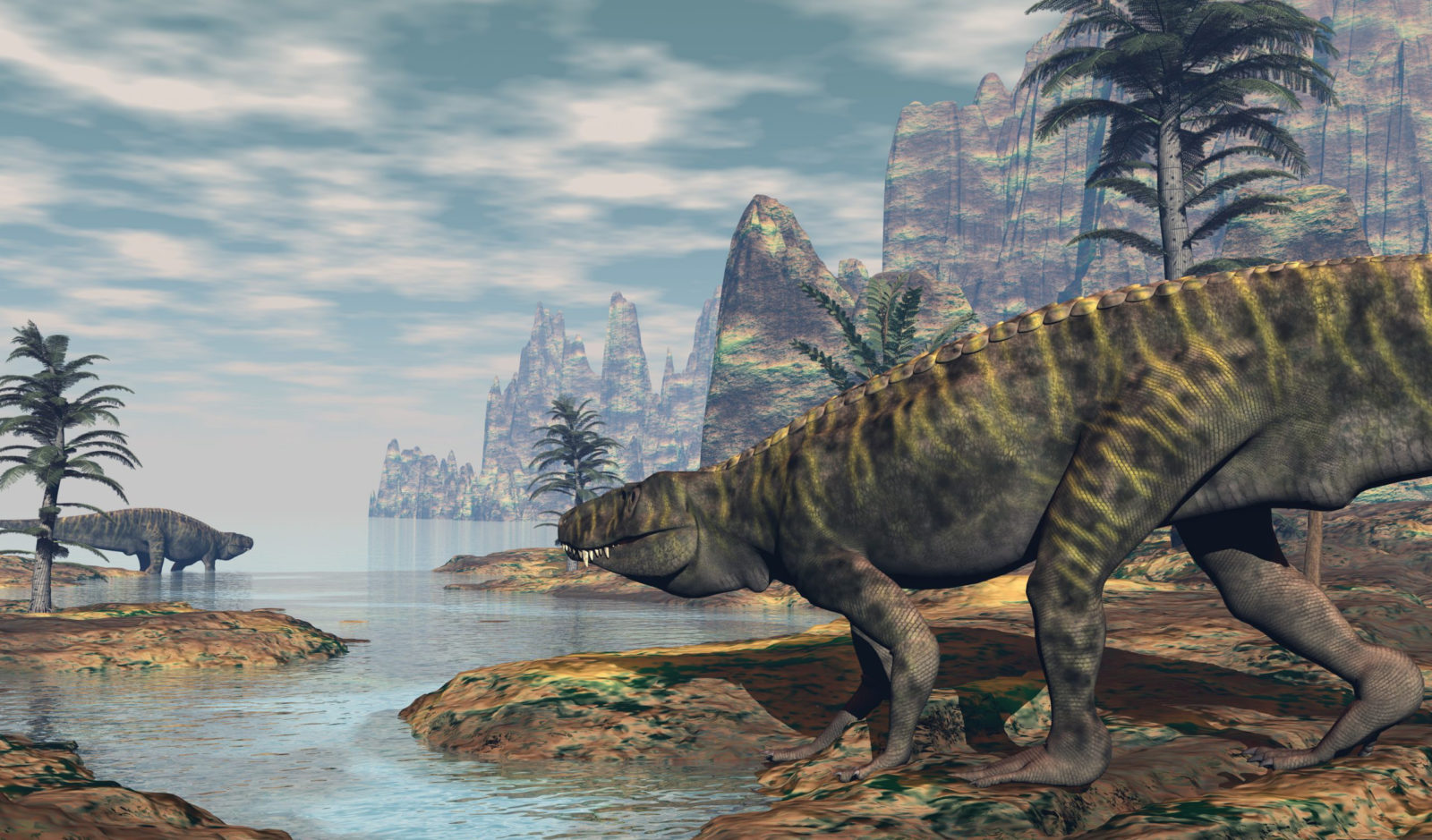
Günter Bechly on Fossils and Common Descent, Pt 2
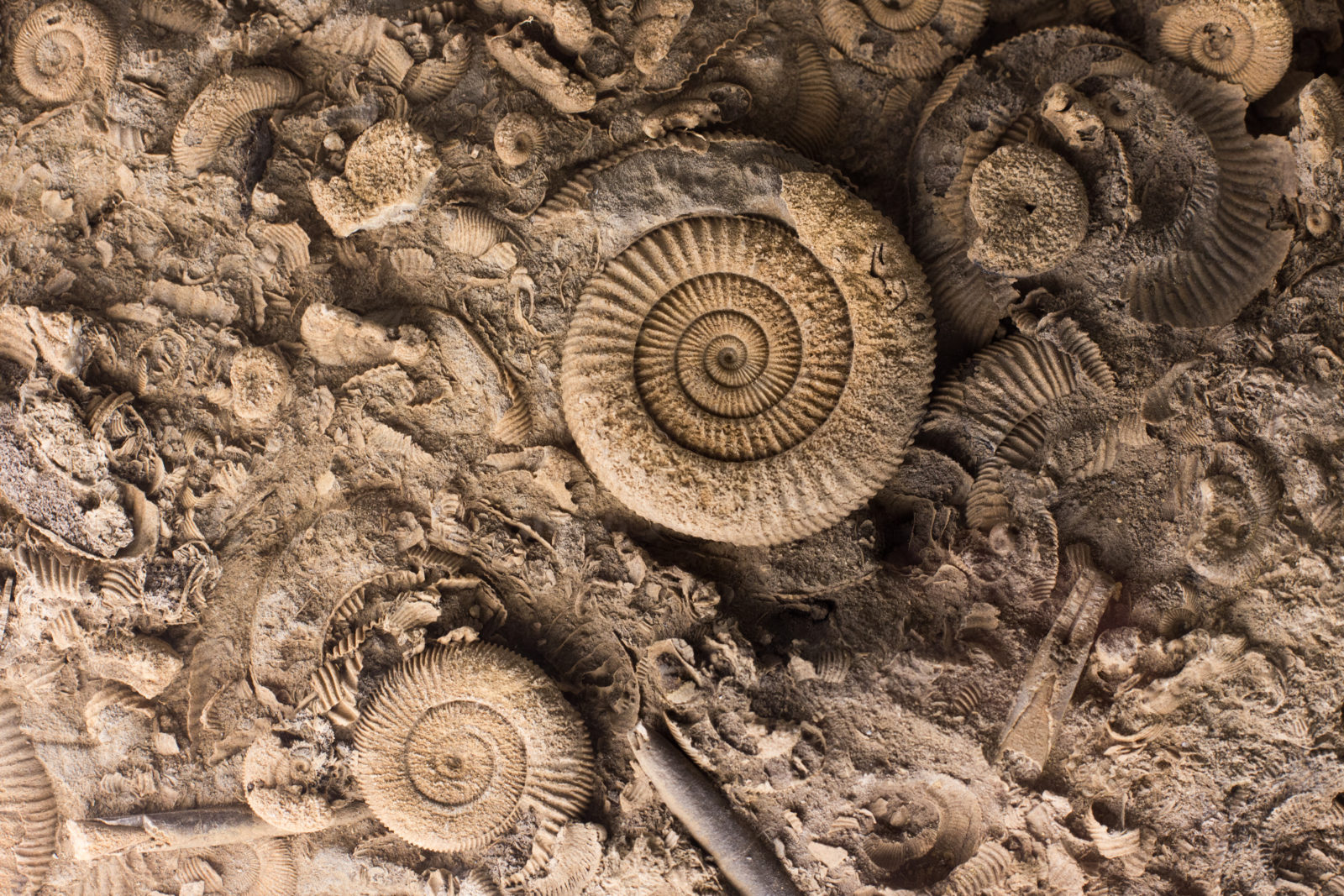
Günter Bechly on Fossils and Common Descent, Pt 1
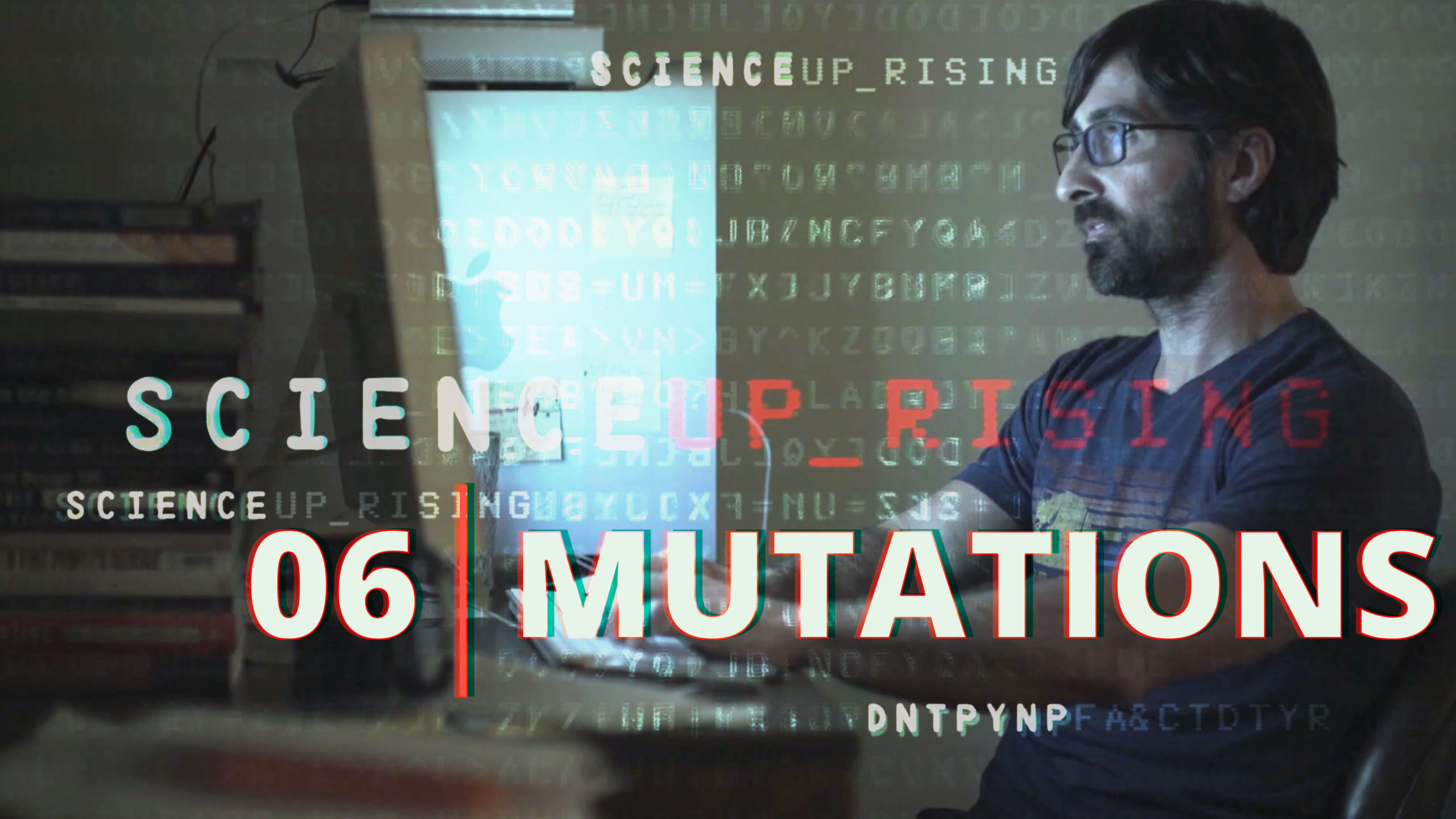
Science Uprising 06: Mutations
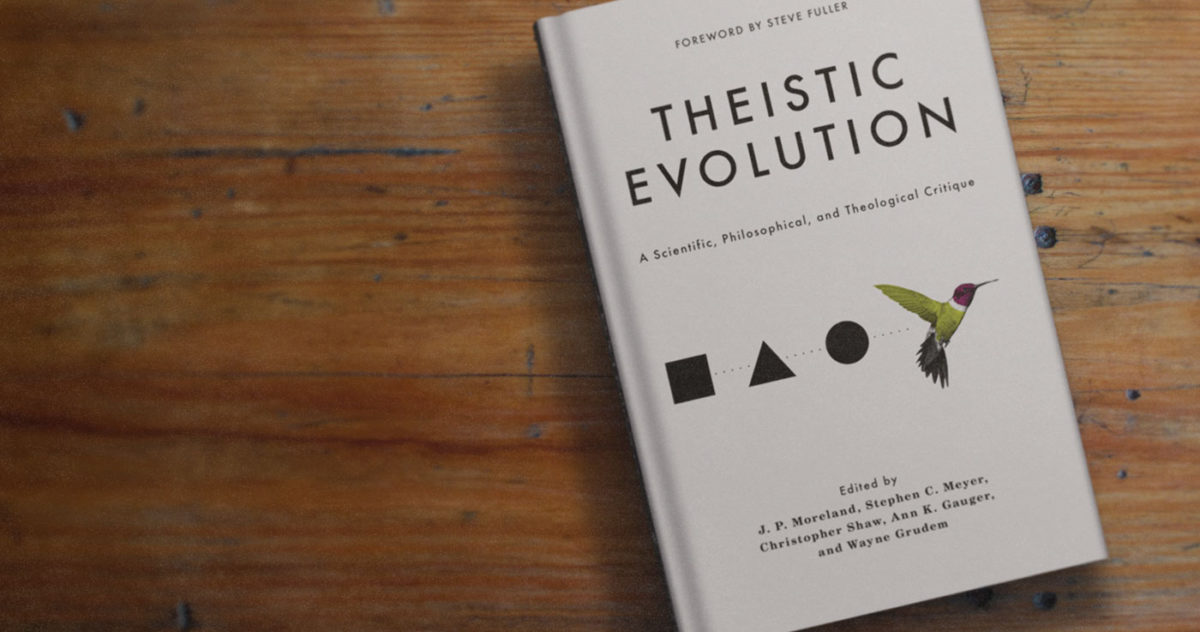
Defining Theistic Evolution
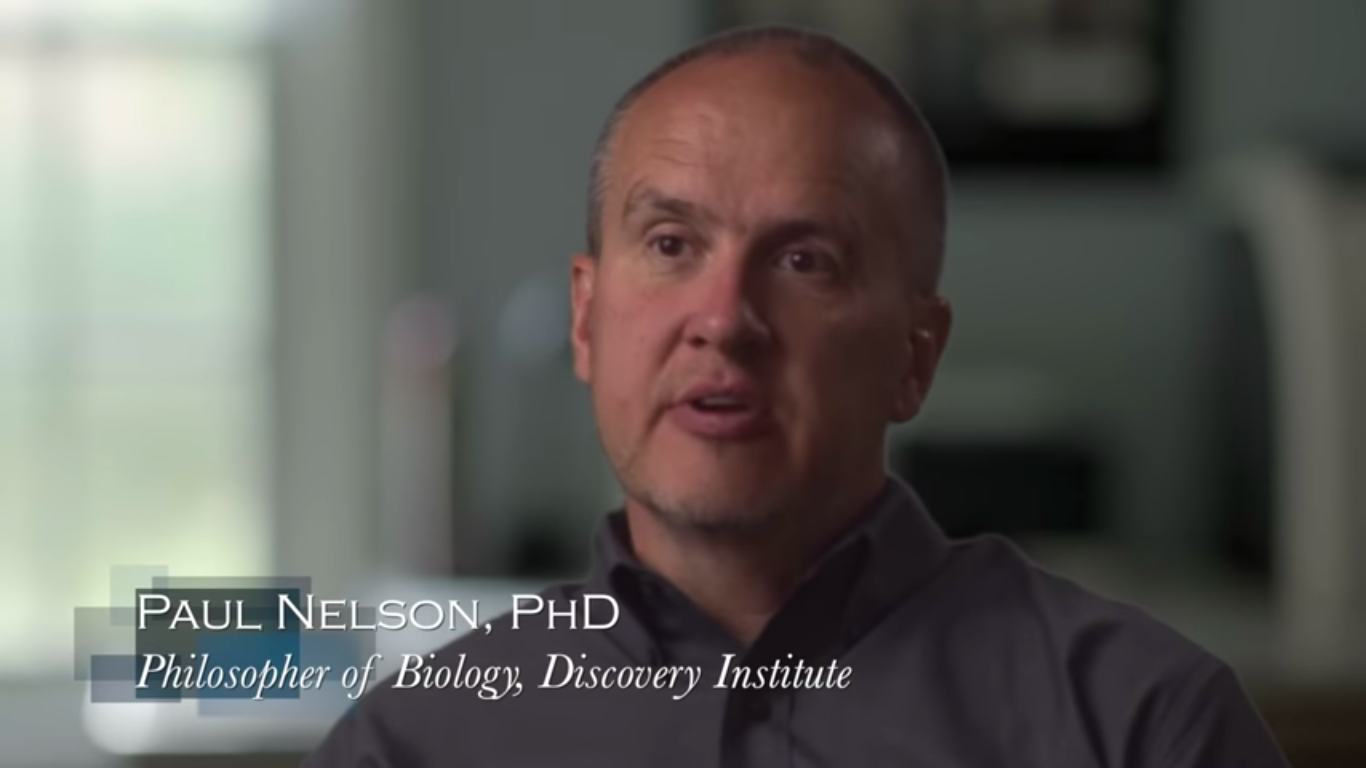
How Evolution Uses Natural Selection to Build Organisms
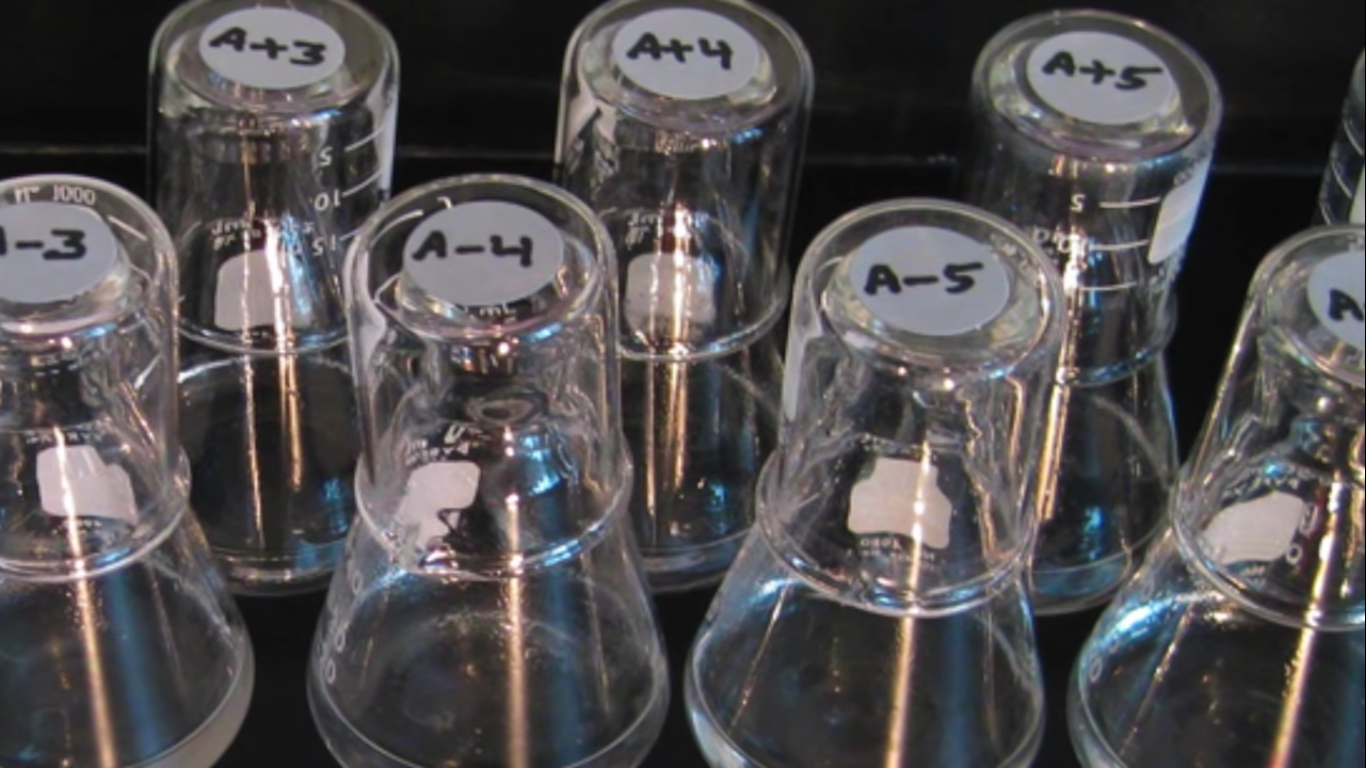
Can the Theory of Evolution be Simulated through Lab Experiments?
Michigan State University biologist Richard Lenski tests evolution and random mutations acting on natural selection to determine what evolution can do. He has experimented with bacteria to see what new functions can evolve just through random mutations acting on natural selection. Biologist Michael Behe has found that there are severe limitations to getting the coordinated mutations that natural selection needs Read More ›
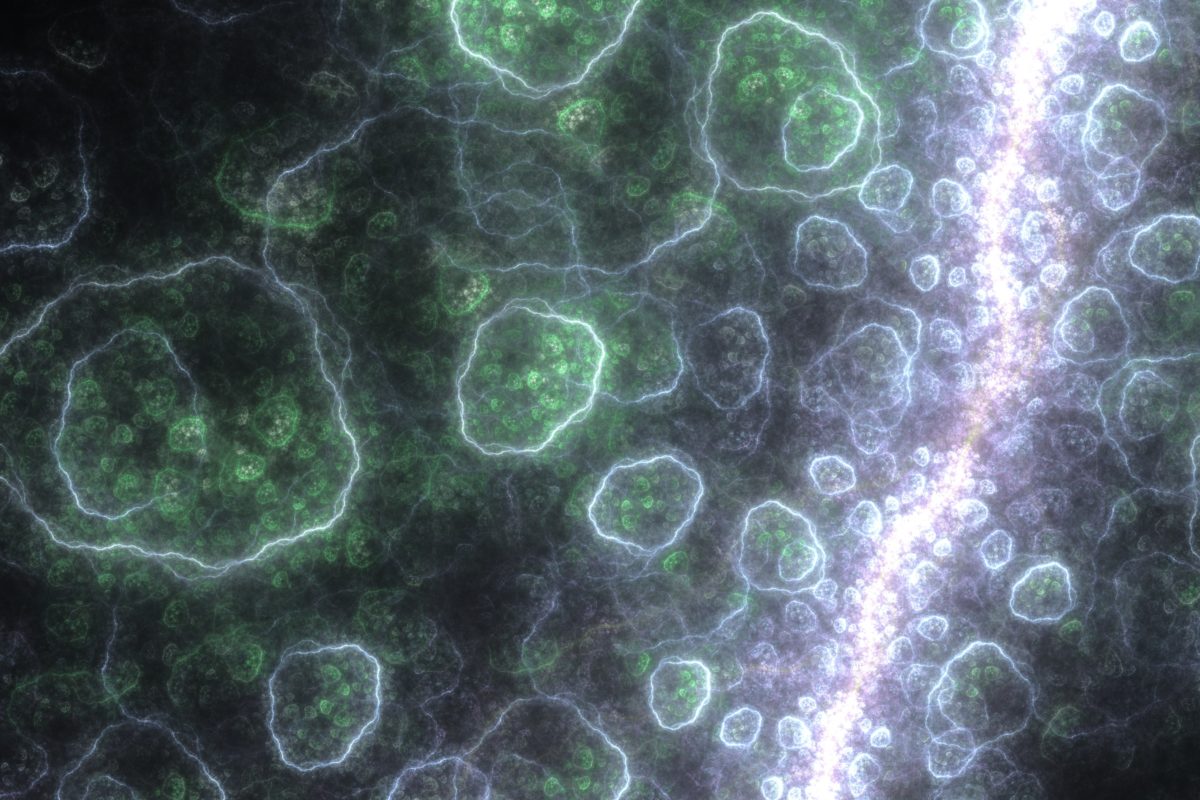
The Top Ten Scientific Problems with Biological and Chemical Evolution
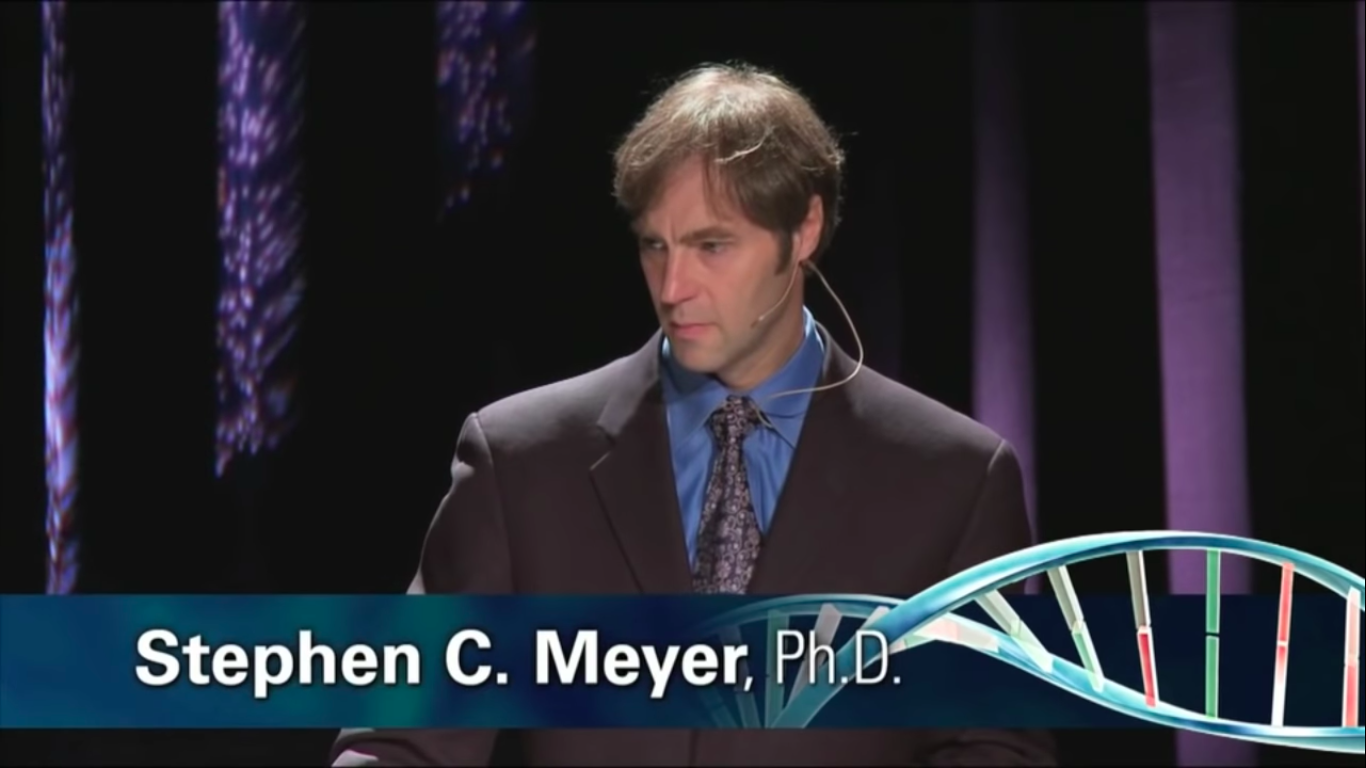
Signature in the Cell: Stephen Meyer Faces his Critics, pt. 1: The Presentation
This video is part 1 of an event held at Biola University called Signature in the Cell: Stephen Meyer Faces his Critics. Dr. Stephen Meyer lectures on his book, Signature in the Cell, and the evidence for Intelligent Design from DNA and the origin of life. He first walks through the theory of natural selection and presents his downfalls. Content Read More ›